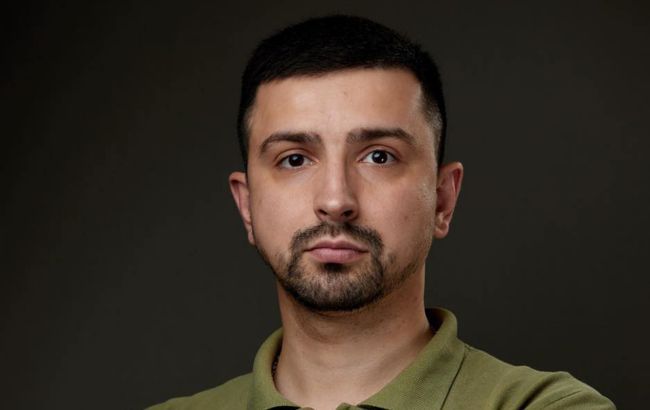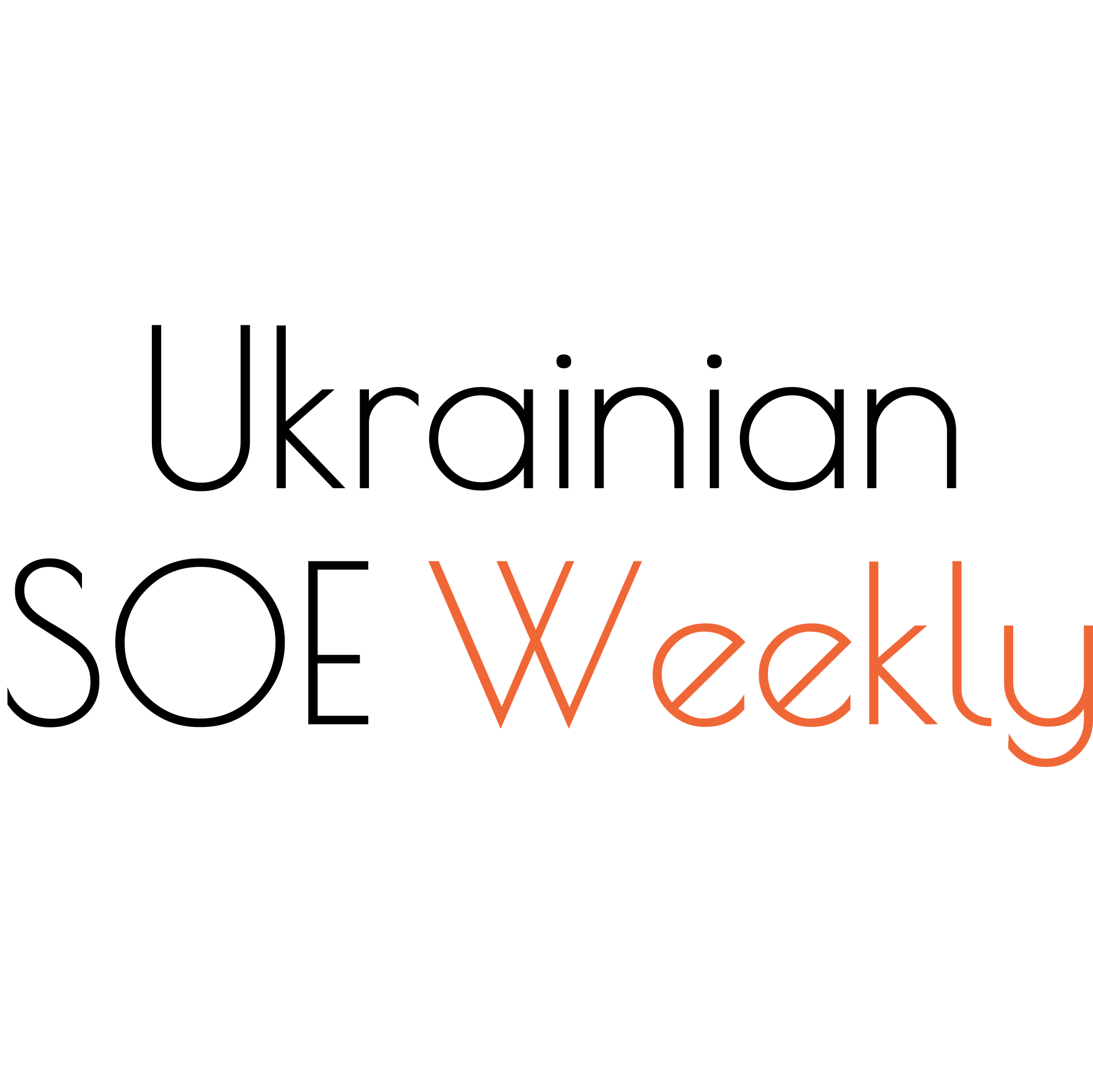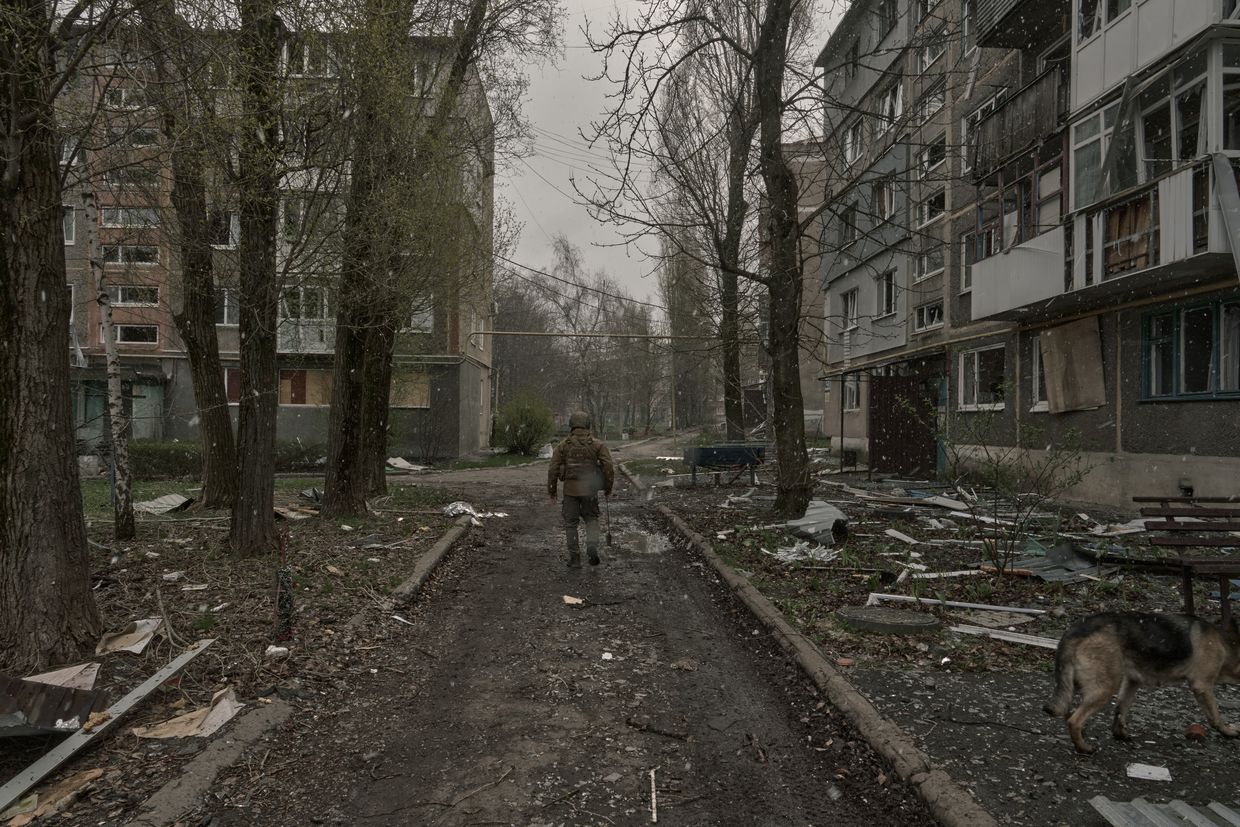Editor’s Note: This is issue 95 of Ukrainian State-Owned Enterprises Weekly, covering events from June 24-30, 2023. The Kyiv Independent is reposting it with permission.
Ukrainian SOE Weekly is an independent weekly digest based on a compilation of the most important news related to state-owned enterprises (SOEs) and state-owned banks in Ukraine. This publication was produced with the financial support of the European Union within the project “Supporting Ukraine in rebuilding and recovery” implemented by the KSE Institute. The contents of this publication are the sole responsibility of the editorial team of the Ukrainian SOE Weekly and do not necessarily reflect the views of the European Union.
Corporate governance of SOEs
Ukroboronprom officially transformed into a joint-stock company called Ukrainian Defense Industry. On June 28, Minister for Strategic Industries Oleksandr Kamyshin reported that the State Concern Ukroboronprom has been dissolved and replaced by a joint-stock company called Ukrainian Defense Industry (UDI).
According to Kamyshin, the next step in the company’s transformation will be the transfer of staff and property, among other procedures. After that, the supervisory board would be formed according to OECD standards.
According to YouControl, the UDI was registered as a joint stock company on June 28.
The concept of corporate governance reform and conversion of Ukroboronprom, including its target model and detailed action plan, was drafted by Andriy Boytsun, Oleksandr Lysenko, and Dmytro Yablonovskyi, members of the SOE Weekly team, as well as the international law firm Kinstellar, in March 2020. For a discussion of these documents, see the OECD Review of the Corporate Governance of State-Owned Enterprises in Ukraine.
In Issue 59, we reported that in July 2021, the Verkhovna Rada adopted Law 1630-IX (previously known as Draft Law No. 3822) which laid the groundwork for Ukroboronprom’s transformation.
On Dec. 9, 2021, the Cabinet of Ministers approved resolutions and ordinances to convert Ukroboronprom into a joint-stock company. The Cabinet also approved the conversion of Ukroboronprom’s 43 uncorporatized enterprises into joint-stock companies or limited liability companies fully controlled by the state.
As SOE Weekly reported in its Issue 80, the Cabinet said in a press release that it approved the corporatization of Ukroboronprom on March 21. In Issue 83, we reported that the corporatization had not yet begun: The government resolution was not public yet.
In Issue 87, we reported that on May 4, the Cabinet of Ministers published its resolution to convert the Ukroboronprom into the UDI. (See Issue 87 for detail.)
In SOE Weekly (Issue 92), we reported that the conversion of Ukroboronprom into UDI, as required by the Cabinet’s resolution of March 21, was still being blocked.
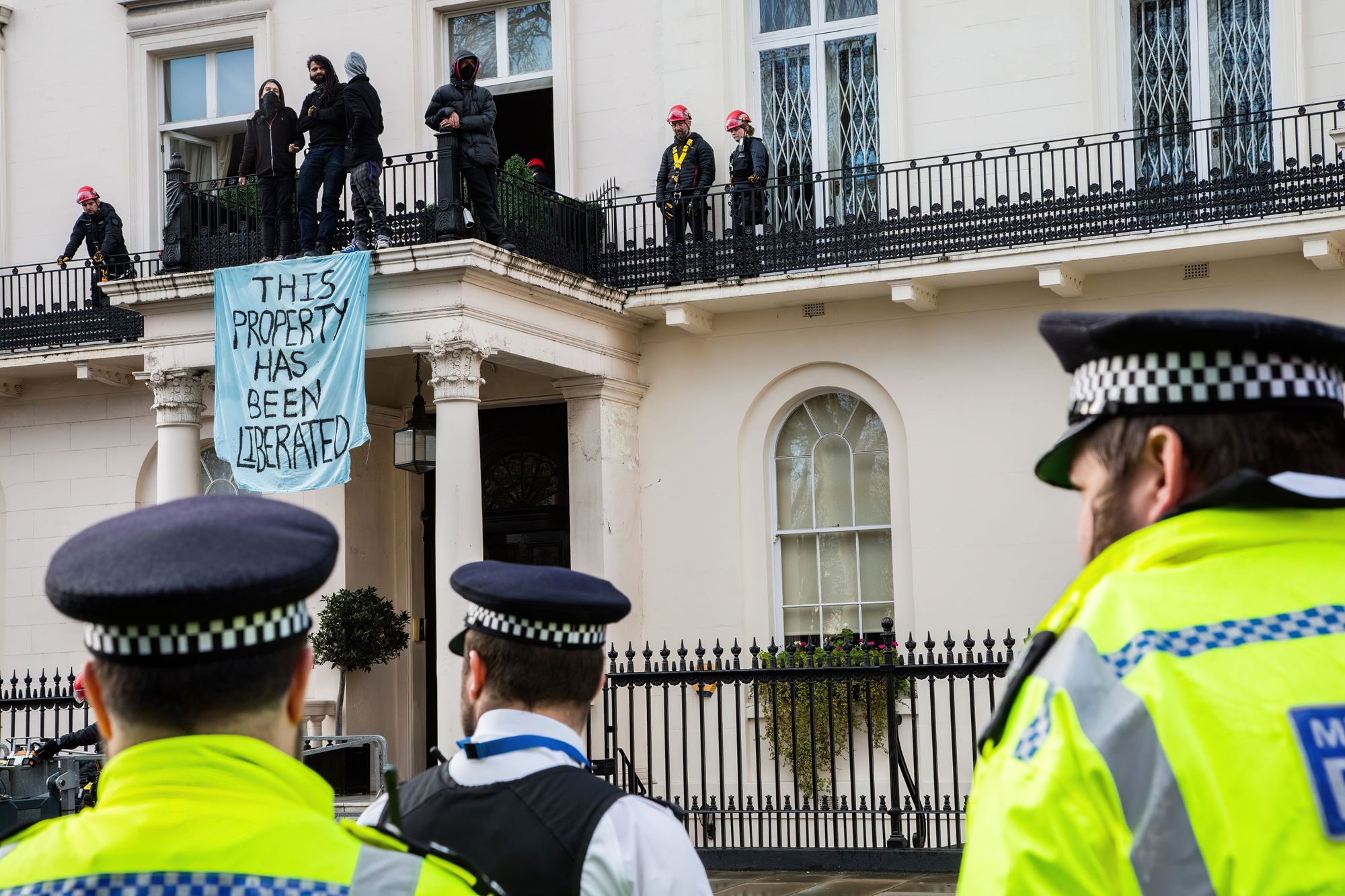
Ukroboronprom CEO Yuriy Husiev resigns, the Cabinet appoints Herman Smetanin as the CEO of newly established Ukrainian Defense Industry. On June 27, President Volodymyr Zelensky accepted the resignation of Yuriy Husiev from the post of Ukroboronprom’s CEO.
Husiev had been working as the CEO of Ukroboronprom since December 2020. In a comment about his resignation, he said that the president had entrusted him with reforming Ukroboronprom. According to Husiev, the establishment of the UDI sets the stage for Ukroboronprom’s transformation into a modern high-tech defence company.
According to Ekonomichna Pravda’s (EP) sources, Husiev was dismissed for the Ukroboronprom’s poor performance on his watch.
The EP added that the main problem for Ukroboronprom under Husiev’s leadership was the missile programme (Husiev was the programme coordinator). The EP’s sources said that according to the new plans, approved in 2022, Zelensky was promised that Ukrainian Sapsan missiles would be massively destroying Russian military infrastructure deep in the territory of the Russian Federation in May 2023, but this never happened. Ukroboronprom later acknowledged problems with the implementation of the missile programme.
According to the EP’s sources, Husiev asked the president to transfer him to a diplomatic job in one of the European countries with which Ukraine has close defense contacts, but Zelensky has yet to approve his request.
On June 24, the Cabinet of Ministers appointed Smetanin as the CEO of UDI, effective June 28.
According to the Minister for Strategic Industries, Oleksandr Kamyshin, Smetanin has three main tasks:
- to increase the production of ammunition and military equipment;
- to build an effective anti-corruption infrastructure in the company; and
- to transform the former Ukroboronprom.
The Ministry said that Smetanin had nine years of experience in the defense industry.
According to the EP’s sources in the government, Smetanin has worked his way up from the entry position at a factory to a CEO. The EP said that Smetanin started his career as an engineer at Morozov Design Bureau, then worked at the Lviv Armoured Plant, at the Malyshev Plant as production director, then became the CEO of the Kharkiv Armoured Plant at the age of 28, and soon afterwards, the CEO of the Malyshev Plant. All these SOEs were overseen by Ukroboronprom.
In SOE Weekly (Issue 92), we reported that the transformation of Ukroboronprom into a joint-stock company called the Ukrainian Defense Industry, required by the Cabinet’s resolution of March 21, had been blocked.
The clauses that allowed the new company to be registered were deleted from the draft resolution before it was approved at a Cabinet meeting. A clause designating Husiev as the acting CEO of the new company until a permanent CEO is appointed had been removed.
The transformation has been unblocked and launched recently (see previous item).
Naftogaz’s supervisory board still lacks one member. The Cabinet of Ministers has yet to appoint the seventh member to Naftogaz’s supervisory board, five months after the appointment of the new board in January 2023.
As we reported in SOE Weekly (Issue 72), the Cabinet of Ministers appointed six members to Naftogaz’s supervisory board on Jan. 24.
The new supervisory board includes Anthony Marino (board chair), Tor Martin Anfinnsen, Richard Hookway, and Ludo Van der Heyden as independent members. The state representatives include Rostyslav Shurma and Nataliya Boyko (deputy board chair).
Note that according to Naftogaz’s charter, the supervisory board should consist of seven members: a majority of independent members and a minority of state representatives.
This means that one more member of the supervisory board remains to be appointed, which can be either a state representative or an independent member.
A common reason for not appointing a state representative at a Ukrainian SOE is the failure of the government-nominated candidate to pass the clearance of the SOE Nomination Committee. Since January, the Cabinet has not indicated why Naftogaz’s seventh board member – either a state representative or independent member – has not been appointed yet, or who that person would be.

Ukrenergo’s supervisory board still lacks one independent member. The Cabinet of Ministers has yet to select and approve one independent member for Ukrenergo’s supervisory board, more than a year after Dejan Ostojic’s termination of powers, in April 2022.
The Law on Management of Objects of State Property requires that the supervisory board of an SOE should have a majority of independent members. According to Ukrenergo’s charter, the supervisory board should consist of seven members: four independent members and three state representatives.
According to the current information on Ukrenergo’s website, the supervisory board now has three independent members (Peder Andreasen, Daniel Dobbeni, and Roman Pionkowski) and three state representatives (Yuriy Boyko, Yuriy Tokarskyi, and Oleksandr Baraniuk).
Hence, independent members do not constitute a majority of the board, which does not meet the requirements of the law or Ukrenergo’s charter.
Since April 2022, the Cabinet has not indicated why the missing independent member has not been appointed to date, or who that person would be.
Remarkably, it appears from Ukrenergo’s website that the board has no chairperson and no committees. No other public information is available, including Ukrenergo’s official disclosures, that would indicate that a chairperson has been elected or board committees have been established.
In case of board chair, this suggests that the board must elect a chair every time for each of its meetings.
In case of board committees, this suggests that Ukrenergo’s supervisory board does not comply with the law. Specifically, the Law on Joint-Stock Companies requires that Ukrenergo should have at least an audit committee and a nomination and remuneration committee.
As we reported in SOE Weekly (Issue 55), Ukrenergo’s most recent supervisory board was appointed on Dec. 9, 2021. At first, it consisted of seven members, four of whom were independent: Peder Andreasen, Daniel Dobbeni, Dejan Ostojic, and Roman Pionkowski. Yuriy Tokarskyi and Mykhailo Ilnytsky were approved as the state representatives.
It appeared that the third state representative, Yuriy Boyko, had been approved by the Cabinet back in July 2021, but the Ministry of Energy never appointed him to Ukrenergo’s supervisory board until Dec. 9, 2021.
At that time, Ilnytsky continued to serve as the CEO of Chernihivoblenergo. In that case, it was likely that according to the Law on Management of Objects of State Property, he could not serve on the supervisory board of Ukrenergo because Chernihivoblenergo operates in an adjacent market.
It was also likely that Ilnytsky could not have been a member of Ukrenergo’s supervisory board under the Law on Electricity Market, because, among other things, this law prohibits an official of an energy distribution company from being a member of the supervisory board of a transmission system operator. (See Issue 55 for detail.)
On Dec. 29, 2021, the Cabinet canceled the approval of the candidacy of Ilnytsky and approved the candidacy of Oleksandr Baraniuk. On Jan. 5, 2022, Ilnytsky’s powers were terminated. On the same day, Baraniuk was appointed as a state representative instead of Ilnytsky. Thus, Ilnytsky held the position of the state representative on Ukrenergo’s supervisory board for 28 days.
On April 13, 2022, Ostojic’s powers as an independent member were terminated due to his file for resignation. No one has been appointed instead.

Cabinet approves the plan for Energoatom’s corporatization. On June 27, the Cabinet of Ministers approved the plan to convert state nuclear operator Energoatom into a joint-stock company to comply with the law.
According to the Ministry of Economy, the plan sets out the corporatization procedure for Energoatom, which should start in June 2023 and should be completed by converting Energoatom into a joint-stock company in December 2023. This plan also envisages that the new supervisory board and management should be formed by March 2024.
In SOE Weekly (Issue 74), we reported that the Verkhovna Rada adopted Draft Law No. 8067 on the corporatisation of Energoatom on Feb. 6.
In Issue 79, we reported that corporate governance reform of Energoatom was among the government’s priorities for 2023. According to the Cabinet’s Priority Action Plan, Energoatom was to be converted into a joint-stock company by May 2023. The nuclear power operator is also slated to receive a competitively selected supervisory board with an independent majority. The deadline was November 2023.
In Issue 80, we reported that, on March 17, Zelensky signed the law on the corporatization of Energoatom.
In Issue 86, we reported that the Cabinet approved the conversion of Energoatom into a joint-stock company.
For a detailed account on the corporatization of Energoatom, see SOE Weekly’s Issues 41, 53, 58, 69, 74, 79, 80, and 86.
Plans to establish a sovereign wealth fund
Dag Detter shares his views on Ukraine’s plans to manage public assets. Following the SOE Weekly’s publication of the State Property Fund’s plans to centralize the management of state-owned commercial assets (see Issue 93), renowned Swedish expert Dag Detter shared his views in columns for the influential Politico and Ekonomichna Pravda (EP).
Detter is the author of the award-winning book “The Public Wealth of Nations”. He led the restructuring of the Swedish portfolio of state-owned assets.
In his column for Politico, Detter highlighted the following key points:
- “Restructuring the state-owned sector and establishing internal revenue streams will influence international donor flows. Demonstrating Ukraine’s ability to fund its own reconstruction, as well as avoidance of waste, will be crucial to ensuring the efficient utilization of international donor funds.”
- “The focus needs to be on value maximization through a single objective approach – framing the process in financial terms with clear targets and timelines proves more effective than viewing it solely as corporate governance reform.”
- “The consolidation of ownership and governance into an independent holding company – commonly referred to as a PWF (public wealth fund) – is crucial, as this centralization facilitates the introduction of private sector discipline, ensuring clear responsibility, accountability and an approach aligned with private ownership principles.”
- “Professional ownership of public commercial assets is essential to achieving efficiency, higher yields, and increased productivity and investment. It requires professional managers who prioritize commercial goals. And principles of good governance – including transparency, clear objectives, and political insulation – need to be upheld to maximize returns.”
- “The efficient management of public assets will be pivotal to recovery. And rigorous, professional and commercially driven management of the country’s public assets should also be central to the EU’s support program for Ukraine and its accession process.”
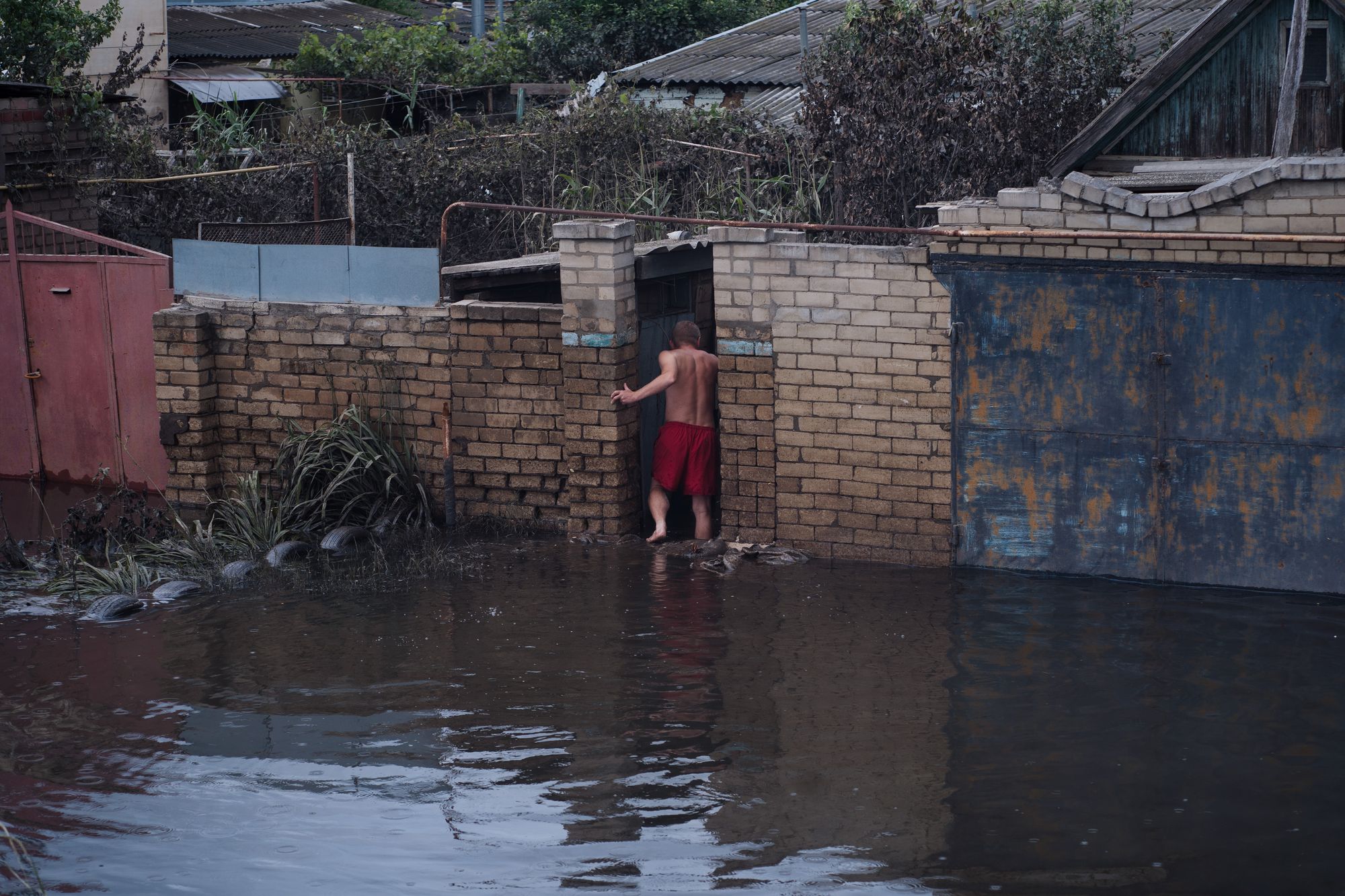
In a column for the EP, Detter wrote the following key points:
- “Given the scale of the state-owned sector and its presence in many competitive industries such as energy, transport, finance, manufacturing, and real estate, private investment will seek assurance that the state portfolio operates on strictly commercial grounds without policy-driven biases, unfair advantages, or market distortions.”
- “Due to the obvious conflict of interest in its role as a regulator and owner of commercial assets, the government would benefit from placing the portfolio of assets in a separate eco-system – a Public Wealth Fund (PWF). This should be at an arms-length distance from the regulatory role of line ministries, as has been done in Singapore with its PWF Temasek.”
- “The Ministry of Finance should be held solely responsible and accountable as the official owner of the PWF.”
- “The PWF would thereby act as a financial instrument to generate additional revenues for the government, improve debt sustainability and ultimately lower the government’s cost of capital.”
- “This differs from a Sovereign Wealth Fund (SWF) such as the GIC in Singapore, which is primarily concerned with managing reserve liquidity, typically investing in securities traded on major mature markets. SWFs are designed to optimize a portfolio by trading securities to balance risk and returns and not seldom under the custodianship of the central bank.”
- “Ukraine would do well to model its PWF after Temasek and Singapore rather than on resource-rich countries that use PWFs to diversify their economy from their dependence on commodities.”
- “In the wrong hands, a PWF can fail in its ambition to deliver fiscal space and economic growth, as the PWF in Greece set up after the GFC (global financial crisis), or be used against society, such as in the case of the many such funds controlled by the military in countries such as Egypt, Pakistan, and Myanmar. The 1MDB, the PWF of Malaysia, is another example where more than $4.5 billion was diverted to benefit government officials, including prime minister Najib Razak.”
- “International involvement is vital to ensure the holding structure’s correct establishment and support reformers within the Ukrainian administration. Utilizing capital markets would encourage transparency and attract international investors.”
In SOE Weekly’s Issue 93, we reported that the head of the SPFU Rustem Umerov said that the SPFU was working out plans to centralize state property management, which include setting up a sovereign wealth fund, a land bank, and a real estate investment fund. For more detail and analysis, see Issue 93.
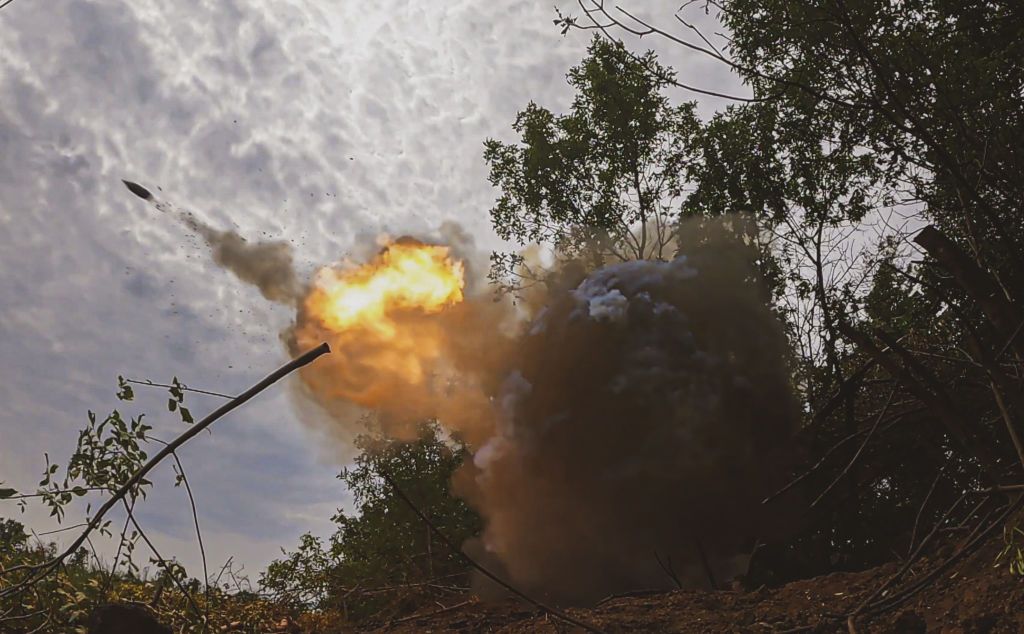
Energy
Cabinet approves the terms of restructuring of Naftogaz’s defaulted Eurobonds. On June 24, the Cabinet of Ministers (as the shareholder of Naftogaz) agreed on the term sheet to restructure Naftogaz’s Eurobonds maturing in July 2022 and November 2026. The relevant resolution was published on the Cabinet’s website on June 26.
According to Naftogaz, the transaction is expected to be completed by the end of summer 2023.
In SOE Weekly (Issue 90), we reported that Naftogaz reached agreements with investors on ways to restructure Eurobonds maturing in July 2022 and November 2026. See Issue 90 for the restructuring terms.
In Issue 75, we reported that Naftogaz was trying to restructure its 2022 and 2026 Eurobond liabilities with financial advisor Lazard and legal advisor Freshfields Bruckhaus Deringer.
In Issue 68, we reported that Naftogaz defaulted on its Eurobonds on July 26, 2022, due to the Cabinet of Ministers’ refusal to approve payments on them. See Issue 68 for more detail.
Confiscation of the aggressor state’s assets, nationalization, and asset seizure
The Ministry of Justice wants to seize the assets of Russian oligarchs Babakov, Giner, and Voevodin. On June 28, the Ministry of Justice reported that it has filed a lawsuit with the High Anti-Corruption Court (HACC) to recover the assets of VS Energy’s owners – Russian oligarchs Aleksandr Babakov, Yevgenii Giner, and Mikhail Voevodin – for the benefit of the state.
The claim for asset forfeiture also applies to others related to the oligarchs and essentially acting as nominees, Inna Bohatykh, the head of the Ministry’s Sanctions Policy Department, explained. She called the case “the main sanctions battle.”
The Ministry of Justice is seeking to seize the corporate rights of:
- 8 regional power distribution companies (oblenergos);
- 6 hotels (Premier Hotels & Resorts chain);
- 2 industrial facilities (in particular, Dniprospetsstal in Zaporizhzhia);
- shopping centers (Metrograd and Metropolis in Kyiv); and
- other corporate rights of 31 legal entities.
According to the EP, VS Energy’s non-public beneficiaries are Voevodin, known in criminal circles as Misha Luzhnetskiy; Giner, the former president of the football club CSKA Moscow; and Babakov, deputy chairman of the State Duma, the lower house of Russia’s parliament.
In May 2022, VS Energy stated that Giner, Voevodin, and Babakov have not been involved in Ukrainian oblenergos since 2014, and their beneficiaries are Valts Vigants, Vilis Dambins, and Arturs Altbergs (all citizens of Latvia) and Marina Yaroslavska and Oleg Sizerman (citizens of Germany).
According to the company’s website, VS Energy currently owns stakes in Khersonoblenergo, Kirovohradoblenergo, Zhytomyroblenergo, Rivneoblenergo, and Chernivtsioblenergo.
On May 12, Zelensky signed decrees imposing sanctions on legal entities and individuals, including VS Energy International NV. All of the above-mentioned nominee owners of VS Energy were included in the new sanctions list.




